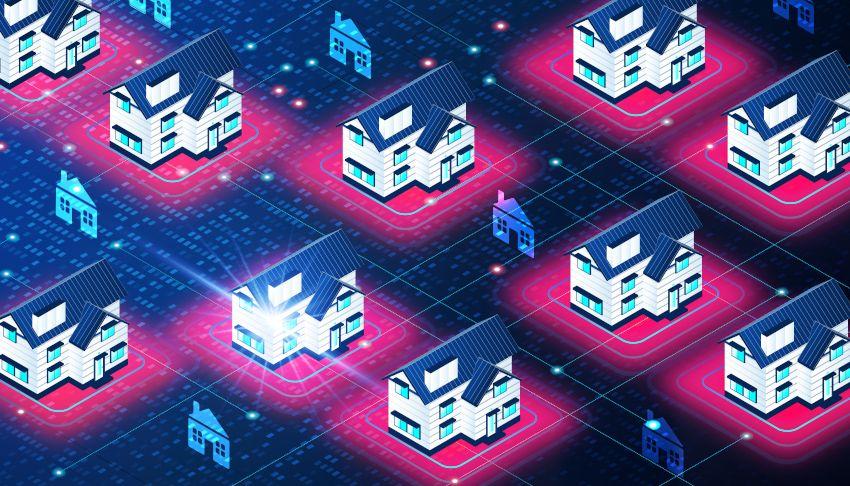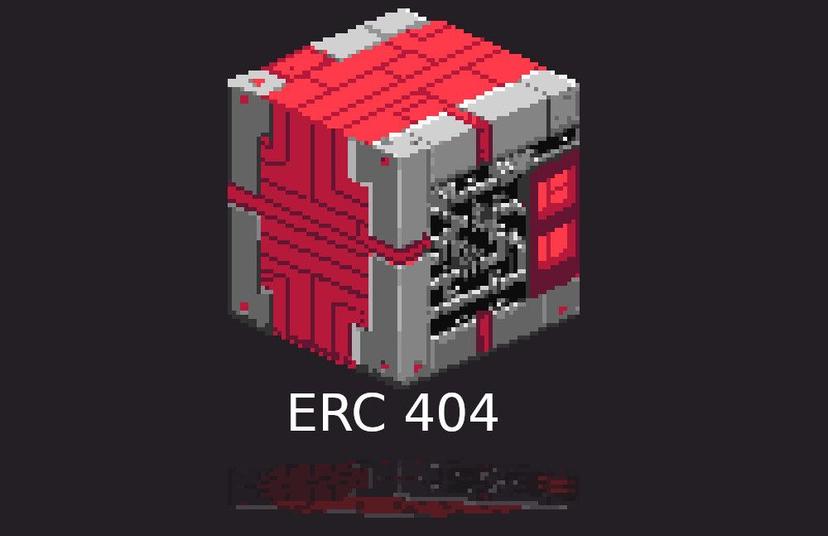Published October 9, 2023

The real estate sector, traditionally seen as a bastion of stability and long-term investment, is undergoing a seismic shift with the integration of blockchain technology. This transformation is not just about digitizing property titles or streamlining transactions but about fundamentally changing how we perceive ownership and value in the real estate market.
Real Estate Meets Blockchain
Blockchain's foray into real estate has ushered in a new era of digital property ownership. This not only democratizes access to real estate investments but also addresses long-standing issues like lack of transparency and trust. Historically, real estate has been a relatively illiquid asset, often requiring substantial capital commitments and prolonged transaction processes. Tokenization, powered by blockchain, is changing this narrative.
Understanding Real Estate Tokenization
At its core, real estate tokenization involves breaking down an asset into digital tokens that represent a share of the underlying property, complete with its rights and obligations. These tokens are governed by smart contracts, which are self-executing contracts with the terms of the agreement directly written into code. For instance, a smart contract could automatically execute a transfer in a land register, ensuring that transactions are not only faster but also free from human errors or biases.
Tokenization employs standards like ERC-721, a specific protocol on the Ethereum blockchain, designed to enhance the traceability and security of transactions. This means that every piece of real estate, be it commercial, residential, or even a unique asset like a vineyard, can be tokenized and its ownership can be traded in the form of digital tokens.
The Multifaceted Benefits of Tokenization
-
Transparency and Efficiency: Blockchain's decentralized nature ensures that all transactions are transparent and immutable. This is a game-changer for a sector that involves multiple stakeholders and often complex procedures.
-
Enhanced Liquidity: By breaking down properties into smaller, more affordable tokens, owners can sell portions of their assets, leading to quicker ownership changes and better liquidity.
-
Access for All: Tokenization democratizes real estate investment. Large assets can be divided into smaller fractions, making them more affordable and accessible to a broader range of investors.
-
Decentralized Market Dynamics: A decentralized system, free from over-regulation and biases, ensures a more fluid market, providing equal growth opportunities for all stakeholders.
-
Reduced Risks: The direct nature of blockchain transactions, combined with the use of smart contracts, minimizes the risks associated with intermediaries and potential weak links in the transaction chain.
However, like any evolving technology, tokenization does come with its challenges, such as potential security vulnerabilities in smart contracts, complex licensing requirements, regulatory uncertainties, and tax complexities. But as the ecosystem matures, many of these challenges are expected to be addressed.
NFTs: The New Frontier in Real Estate Tokenization
NFTs (Non-Fungible Tokens) represent a unique asset on the blockchain. In the context of real estate, an NFT could represent a specific property, making it distinct from any other token. This uniqueness ensures that each property's value, history, and characteristics are securely and transparently recorded on the blockchain.
BlockSpan's Role in the Tokenized Real Estate Landscape
BlockSpan's NFT API platform is poised to play a pivotal role in this evolving landscape. By providing comprehensive data on NFTs, BlockSpan aids in the valuation, authentication, and analysis of tokenized real estate assets. Whether it's for individual investors looking to understand the value of their tokenized property or for large platforms aiming to offer insights into token rarity, past pricing, and ownership, BlockSpan's platform offers unparalleled insights and analytics.
Conclusion
The fusion of real estate and blockchain through tokenization and NFTs is more than just a trend; it's a transformative shift that's redefining the very essence of property ownership and investment. As regulatory frameworks catch up and the technology matures, the real estate sector stands on the cusp of a revolution, with BlockSpan leading the charge in providing the data-driven insights essential for this new era.



